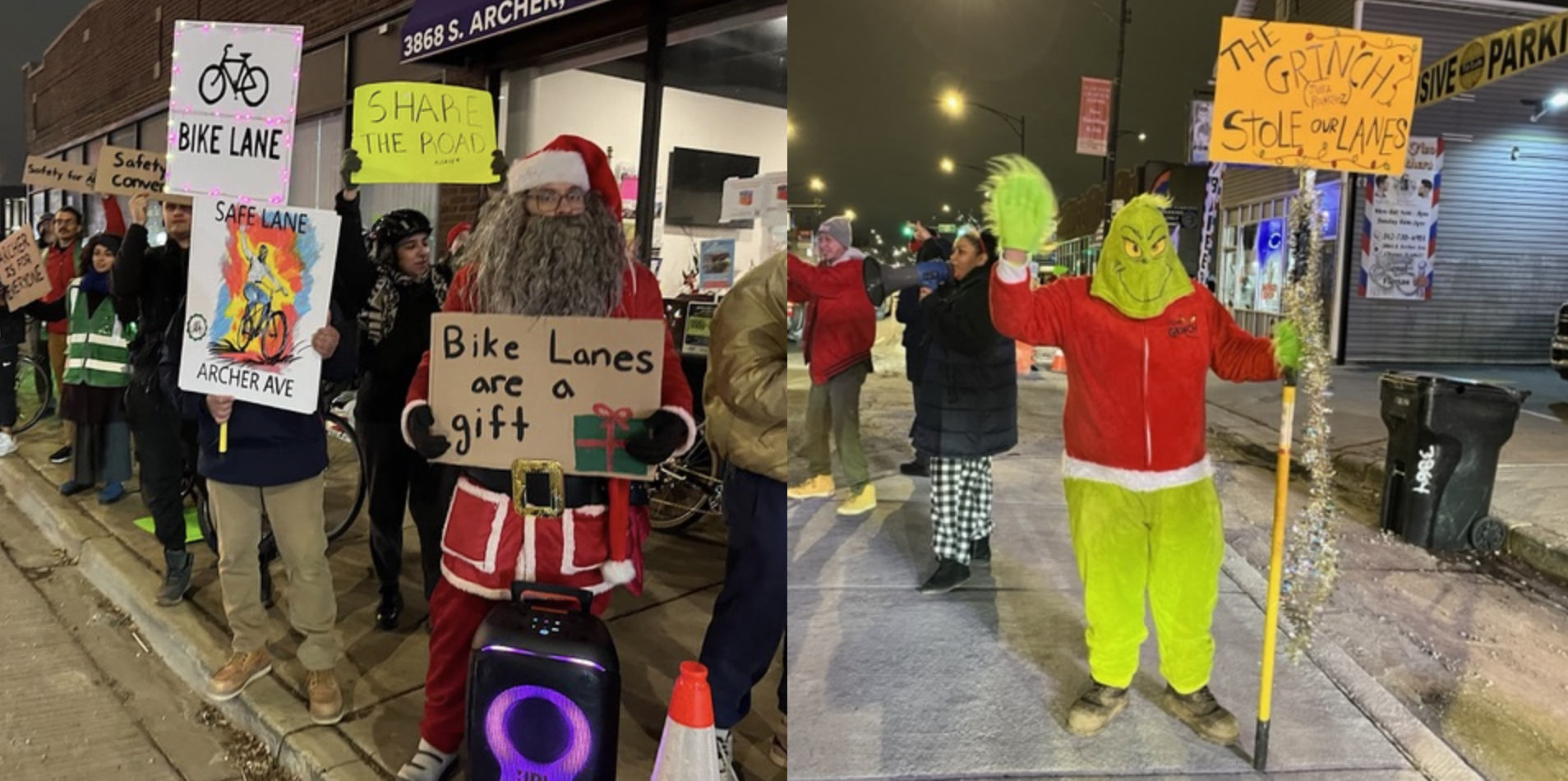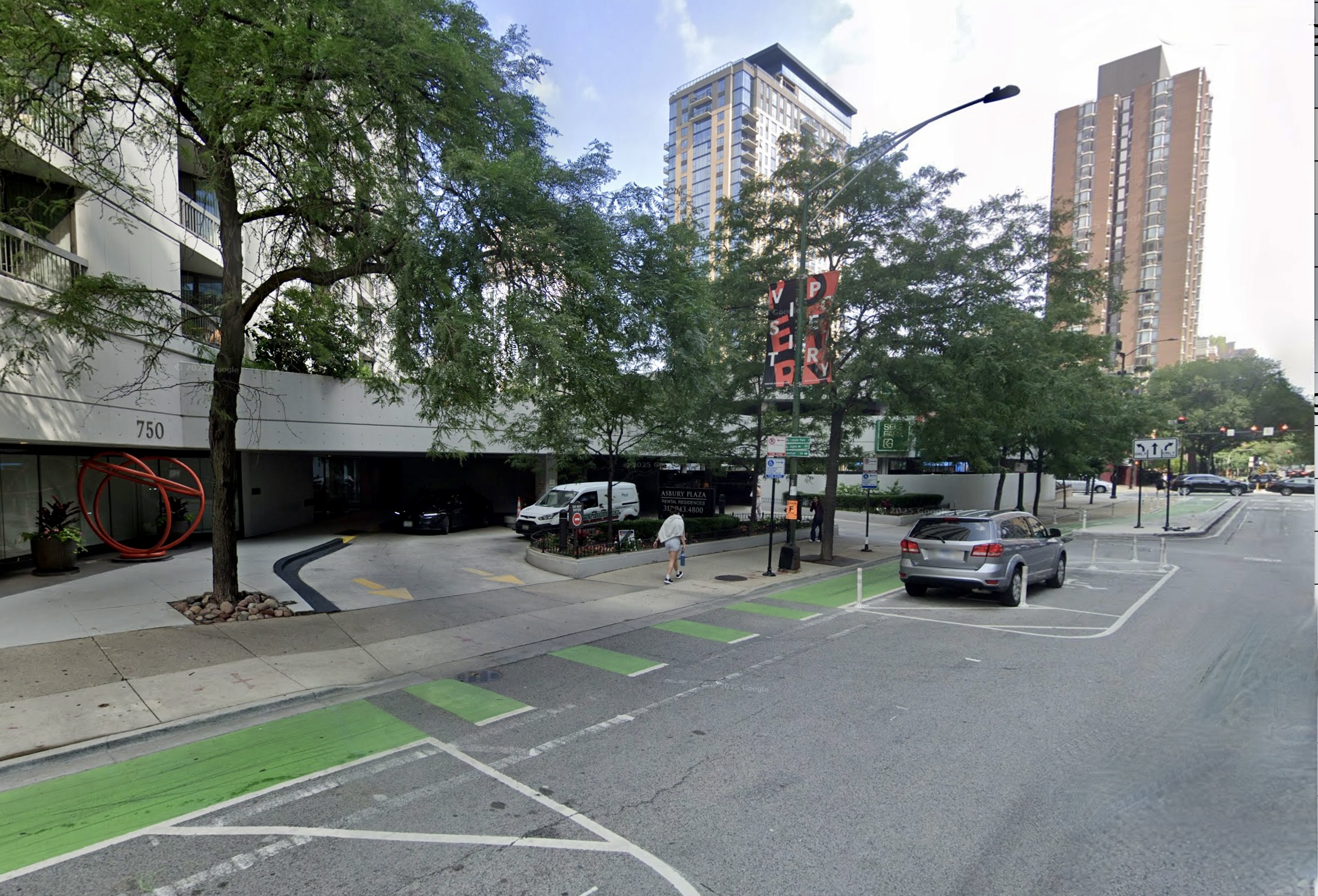
Nearly five months after coming to a halt beneath the city of Seattle, Bertha -- the largest tunnel boring machine in the world -- is still immobilized. It had barely begun to clear space for the underground highway meant to replace the aging Alaskan Way Viaduct when it broke down late last year.
Construction crews are furiously digging a second hole in the ground to access Bertha and fix it. What happens when they reach the machine is still uncertain. Even the state's top transportation official admits theres a "small possibility" that the highway tunnel might never be completed, reports Erica C. Barnett at SeattleMet :
On conservative host Dori Monson's show on KIRO radio earlier today, state transportation secretary Lynn Peterson sounded this wakeup call: She acknowledged, surprisingly candidly, that there is a "small possibility" that the deep-bore tunnel will never get built. The only scenario in which that might happen, she added, is if the contractor, Seattle Tunnel Partners, and WSDOT discover that "the machine is not going to actually be fixable."
"I would say it's a small possibility, but we want to make sure that everyone understands that it's a possibility."
The tunnel-boring machine, known as Bertha, has been stuck underground since last December, when it started to overheat due to damage to seals that protect the bearing that helps turn the machine's massive cutterhead, and possibly to the bearing itself. STP is digging a concrete-piling-lined pit in front of the machine, which will eventually tunnel its way through the pilings, giving workers at the surface access to the cutterhead. STP will then remove the cutterhead and repair whatever needs to be repaired. (Since they don't currently have access to the machine, which is underground, they don't know the extent of the damage.)
Elsewhere on the Network today: Systemic Failure says BART's expansion plans into the far suburbs of the Bay Area are anything but transit-oriented development. Free Public Transit explains why eliminating transit fares might actually save cities big money. Transit Miami reports on a local campaign to make housing more affordable by eliminating parking requirements for small urban buildings. And Tim Kovach says Cleveland's planned highway extension -- the "Opportunity Corridor" -- is an "environmental justice disaster waiting to happen."




